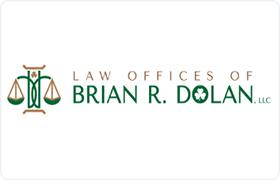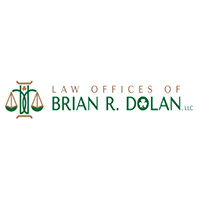Bartlett Wills & Probate Lawyer, Illinois
Sponsored Law Firm
-
 x
x

Click For More Info:
-
Law Offices of Brian R. Dolan, LLC
5 Revere Drive Suite 200 Northbrook, IL 60062» view mapEstate Law Your House Call Lawyer
I am available to meet with you at any time to prepare you each step of the way. I take great pride in providing these services and easing your transitions through life.
800-569-0101
Includes: Estate Administration, Living Wills, Wills
Douglas John Scheflow
Real Estate, Wills, Estate, Bankruptcy
Status: In Good Standing Licensed: 41 Years
 Brian R. Dolan Northbrook, IL
Brian R. Dolan Northbrook, IL Practice AreasExpertise
Practice AreasExpertise
